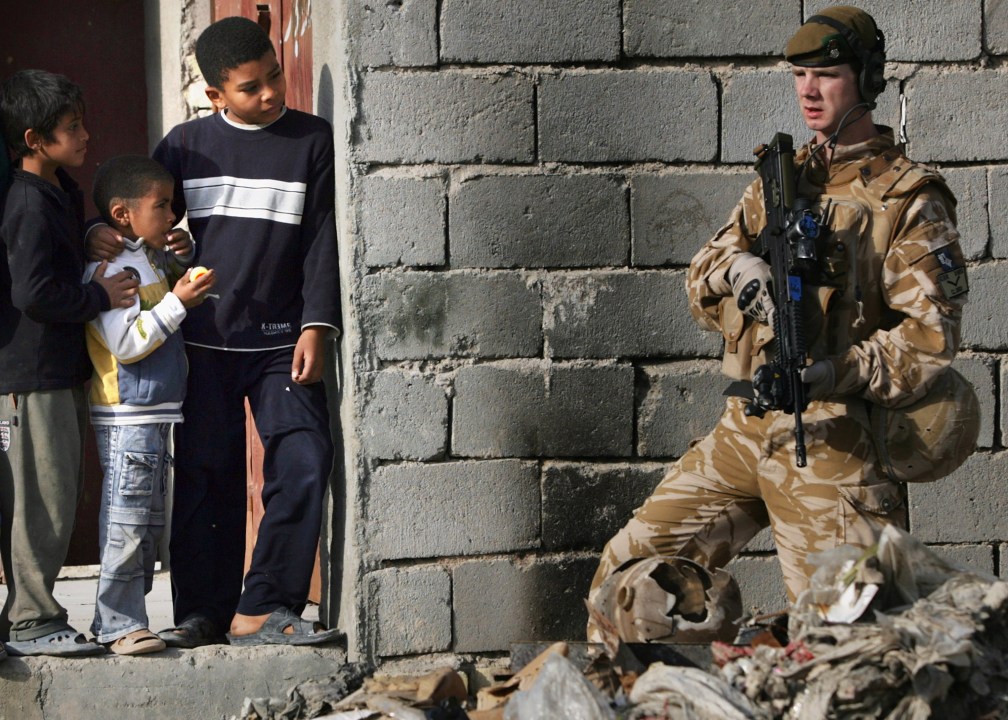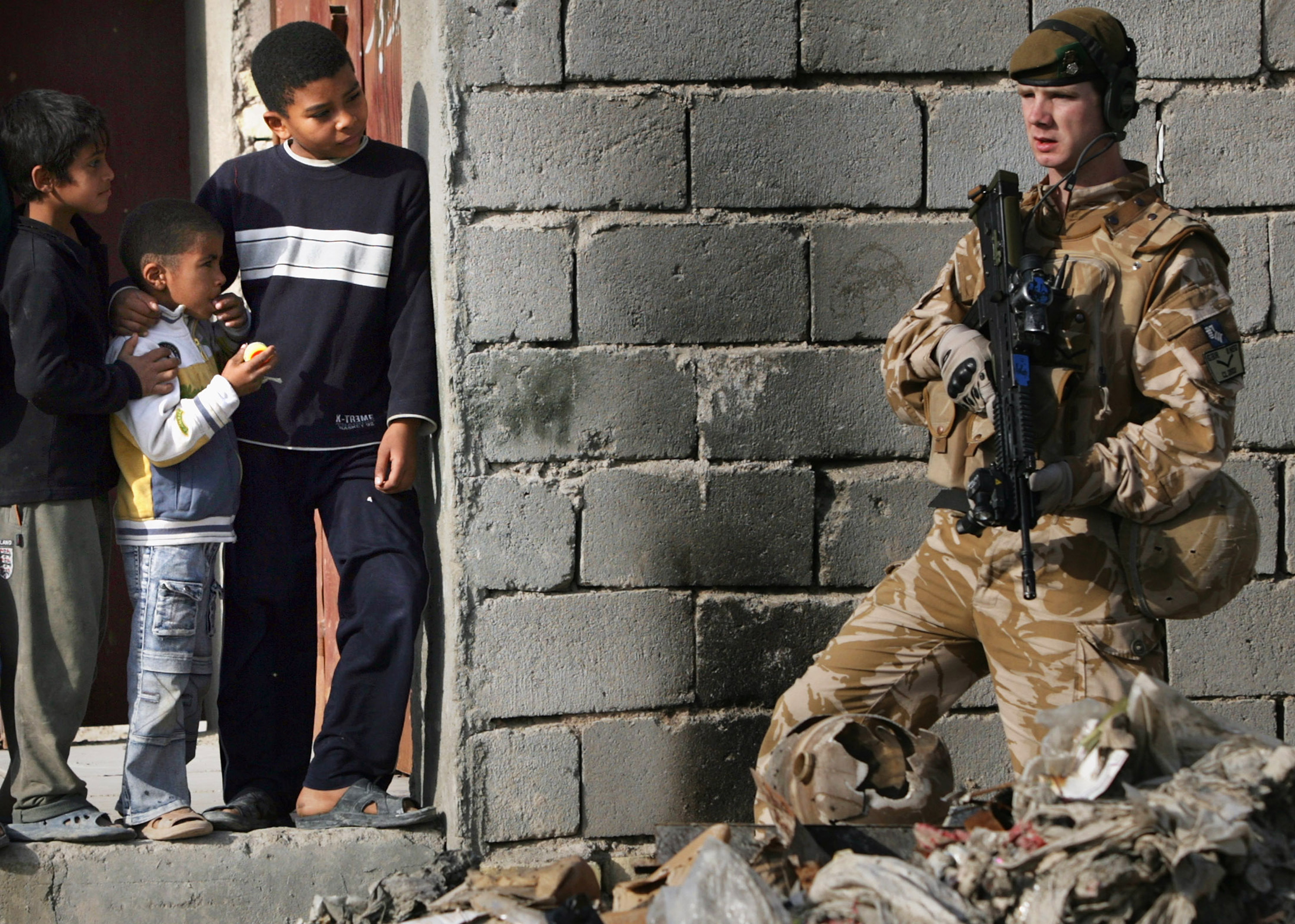 Earlier this week, there was a European Court of Human
Rights ruling that is worth dwelling on. To summarise: the Court held that the UK’s human rights obligations apply to its acts in Iraq, and that the UK had violated the European Convention on
Human Rights in its failure to adequately investigate the killing of five Iraqi civilians by its forces there. The judgment overturns a House of Lords majority ruling four years ago that there was
no UK human rights jurisdiction regarding the deaths.
Earlier this week, there was a European Court of Human
Rights ruling that is worth dwelling on. To summarise: the Court held that the UK’s human rights obligations apply to its acts in Iraq, and that the UK had violated the European Convention on
Human Rights in its failure to adequately investigate the killing of five Iraqi civilians by its forces there. The judgment overturns a House of Lords majority ruling four years ago that there was
no UK human rights jurisdiction regarding the deaths.
The obligation on soldiers to protect the vulnerable during military operations is not, of course, new. It underlies the Geneva Conventions of 1949 (as well as their predecessors and Additional Protocols of 1977). Thus, soldiers have had a duty to protect civilians for years. Indeed, the UK has been a party to the European Convention on Human Rights since it came into operation in 1953, and the conduct of soldiers in Northern Ireland has been considered by the Court on a number of occasions.
But this is quite an important ruling, as the British government will be pressured by activists to accept that human rights law applies to its acts anywhere in the world. The government on the other hand will argue that the case was unique, as the court itself admitted when it talked about the “exceptional circumstances” that governed post-Saddam Iraq; circumstances that established a “jurisdictional link” between the UK and the six people that were killed.
Nonetheless, many in the Ministry of Defence fear a deluge of claims from people wronged during UK military operations. Some time ago the Ministry set up an independent unit — the Historic Allegations Team — to investigate allegations of wrongdoing, and officials fear that a number of the cases could now find their way into the courts and eventually the ECHR.
There is an additional concern: will activists now try to extend the ruling even further, arguing that the European Convention extends the right to life to British soldiers too? Suppose an order is given to “fight to the last man”. This may happen more often in war films than in reality, but what if the actions of a superior lead to the deaths of soldiers through enemy action? Could the government now be sued, possibly all the way to the European Court? If so, the effect on command inside the military could be devastating. As an officer told me, “it might reduce us to a Belgian army.”
It may be time to add the military to the growing list of those who are worried about the impact of the ECHR and the Human Rights Act on Britain.







Comments